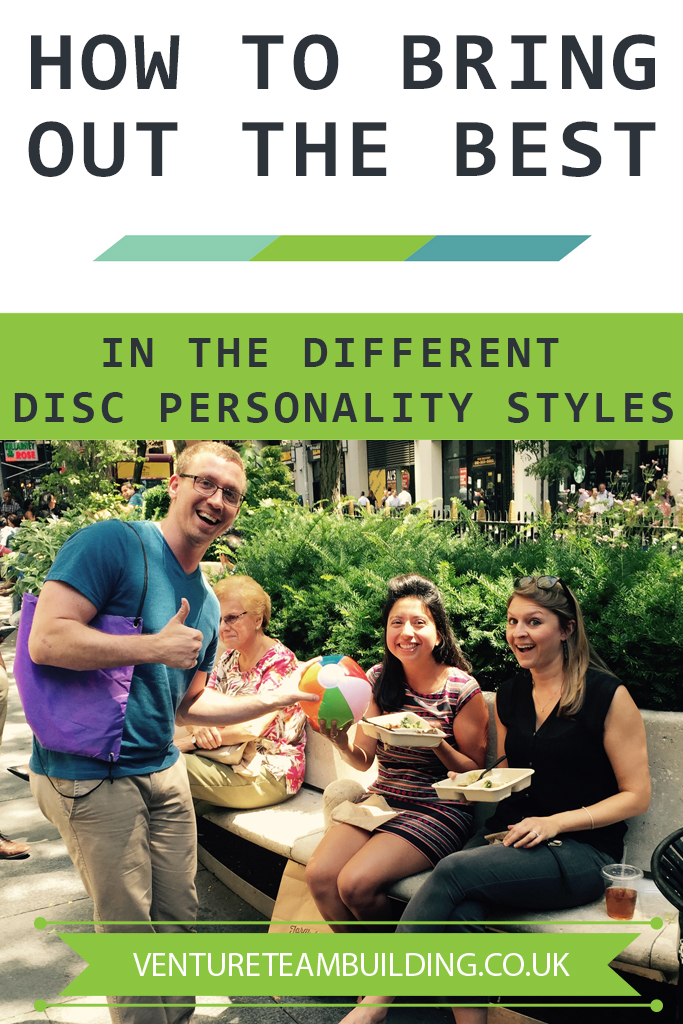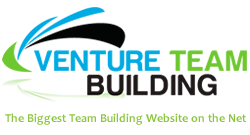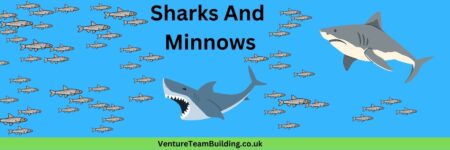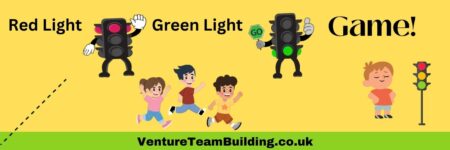You’ve learned how to use the DISC model in team building. You’ve also learned how to use it to resolve conflict in the workplace. Now, let’s explore how you can use the DISC styles to bring out the best in your team.
As a leader, your ability to manage different personalities is crucial to your team’s success. Here’s a breakdown of what you need to know about the 4 different DISC styles and how you can help them to perform at their best.
Before we go into each DISC style, let’s refresh your mind on what they are:
- “D” refers to Dominant and is represented by an Eagle. They are daring, decisive, direct, and driven.
- “I” refers to Interactive and is represented by a Parrot. Parrots are imaginative, influential, intuitive and inspirational.
- “S” refers to Supportive and is represented by a Dove. Doves are sincere, steadfast, sympathetic and satisfied.
- “C” refers to Conscientious and is represented by an Owl. They are cautious, critical, concise, and consistent.
Helping Dominant Eagles to Soar
If you have an Eagle on your team, it’s difficult to ignore them. They’re direct, focused on achieving results and like to take the lead.
They enjoy autonomy, so once you have them on board with the team’s overall goals, give them the space to get things done. Their results-oriented nature often means that they do get the job done, and done well.
Individuals with strong ‘D’ see value in constructive conflict so don’t be afraid of giving them feedback so that they can improve themselves. They’re excellent in strategy and seeing the overall big picture, so tap on this strength whenever possible. Eagles are great assets during the brainstorming process as they have innovative minds.
Their go-getting attitude is admirable, but do remember to get them to slow down sometimes. Dominant Eagles can be more effective when they take the time to make better decisions, build stronger relationships and listen more to others in the team.
Pushing Interactive Parrots to New Highs
The optimistic, influential Parrot is a key force in any team. Individuals with high ‘I’ bring huge amounts of energy to any setting and they are often the glue that holds the team together, especially when things are down.
Parrots are great at bringing people together and building relationships, and if your team is newly formed, you should definitely tap on their strengths to gel the team. Interactive individual thrive when they work on teams!
Encourage their creativity and positivity as these are great assets for problem-solving. Parrots want to be accepted, so if they do well, be sure to recognize their contributions and compliment them.
Interactive Parrots tend to dislike structure, but adding structure can be the very thing that can make them more successful Help the Parrot design some boundaries that can focus their attention and energy on important goals.
Giving Supportive Doves a Step Up
The great listener who works well with others and avoids conflict? That’s your Supportive Dove. You may not necessarily take notice of them, individuals with high ‘S’ are the backbone of your team.
For Doves to perform well, give them a safe and stable environment. Supportive individuals want harmony and constancy. They don’t deal well with change, so if possible, don’t create waves in their environment. Give them time to adjust to change.
Doves, more than the other types, need good leadership. Take the effort to recognize and appreciate their loyalty and dependability. Let them build roots with a team that is focusing on work that they are good at. Unlike Dominant Eagles who focus on the big picture, Doves focus on the details.
Supportive individuals can be quite sensitive, so be sure to employ tact when discussing difficult matters with them. Doves want to support others whenever they can and in doing so can become overburdened. You should check in with them once in a while to ask about their workload and stress levels.
Supporting Conscientious Owls to the Top
Analytical, precise and detail-oriented — that’s a Conscientious Owl. The Owl is the thinker in the group, the practical one who pushes the team to meet high standards.
Individuals with high ‘C’ pride themselves on being accurate and thorough. They like to view a problem or an idea from all angles, and once they are committed, they are committed to the end. Allow Owls the time and space for thinking and analysis, and don’t force them into quick decisions.
Information and data are an Owl’s best friends, so give them what they need in order to do their job well. They prefer to work alone, and like to see tasks and projects to completion. Structure and organization are musts for ‘C’ individuals.
Owls can be overly focused on tiny details; if that happens, remind them of the big picture to draw them out. It’s also important to remind them that sometimes “good” is enough, and perfection is an ideal.
Conscientious individuals can get very quiet if they are stressed, so if you don’t hear from an Owl after a long period of time, check in with them. Remind them that they are not alone and can tap on the skills of their teammates to accomplish goals.




